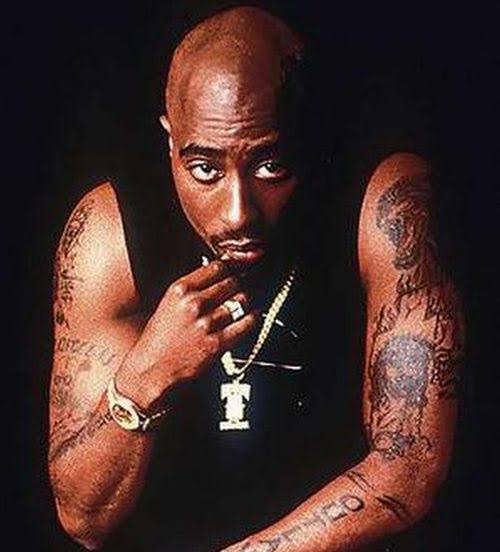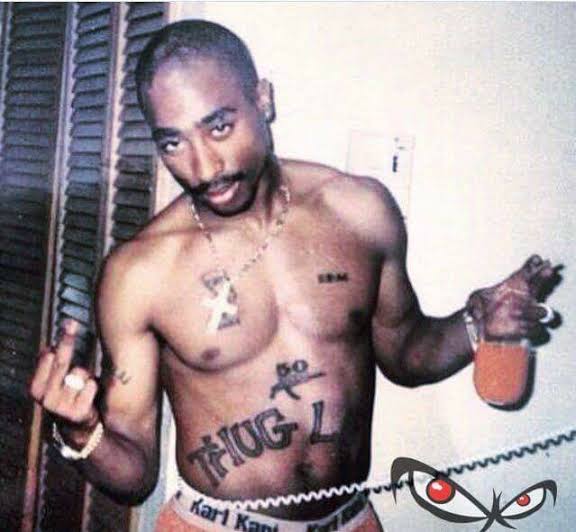
Tupac Shakur, one of the most influential rappers in history, has long been associated with conspiracy theories, including links to the Illuminati. His untimely death in 1996 fueled speculation about secret societies, hidden messages, and whether he was assassinated for speaking out against powerful figures. While there is no concrete evidence to support these claims, the theory remains a topic of debate among fans and conspiracy theorists alike.
The Origins of the Illuminati Theory
The Illuminati is believed to be a secret society that controls world events from behind the scenes. Though its historical origins date back to the 18th century, modern conspiracy theorists associate it with celebrities, politicians, and global elites who allegedly manipulate society for their own gain. Tupac’s name became entangled with these theories due to his lyrics, interviews, and the symbolism he used in his work.
One of the biggest reasons Tupac is linked to the Illuminati is his alias, “Makaveli”, inspired by Niccolò Machiavelli, the Renaissance political strategist who wrote about deception and power. Some fans believe Tupac faked his own death, just as Machiavelli allegedly suggested in his writings. The posthumous album The Don Killuminati: The 7 Day Theory also sparked speculation. The word “Killuminati,” a fusion of “kill” and “Illuminati,” was interpreted as Tupac declaring war against the secret society.
Did Tupac Believe in the Illuminati?
Ironically, Tupac himself dismissed the Illuminati theory. In a 1996 interview, he explicitly stated that he did not believe in the Illuminati, calling it a myth used to distract people from real social issues. He emphasized that the real problem was systemic oppression, racism, and economic inequality, not a secret organization controlling the world.
However, his lyrics often referenced power structures, secret dealings, and corruption, which led fans to believe he was either exposing or fighting against a hidden elite. His death, which remains unsolved, only intensified speculation. Some theorists claim he was silenced because he was becoming too powerful and influential, especially with his messages of unity and resistance.
The Lasting Impact of the Theory
Even decades after his death, the Tupac-Illuminati connection remains a popular topic in hip-hop culture. Countless videos, books, and forums dissect his lyrics, album covers, and interviews in search of hidden clues. Some fans even believe he is still alive, living in hiding under a new identity.
Despite the lack of evidence, the theory persists because Tupac was larger than life. His intelligence, artistry, and revolutionary spirit made him seem like someone who knew more than he let on. Whether or not he had any real connection to the Illuminati, his legacy continues to inspire and provoke thought, ensuring that the mystery surrounding him will never truly fade.

Leave a Reply